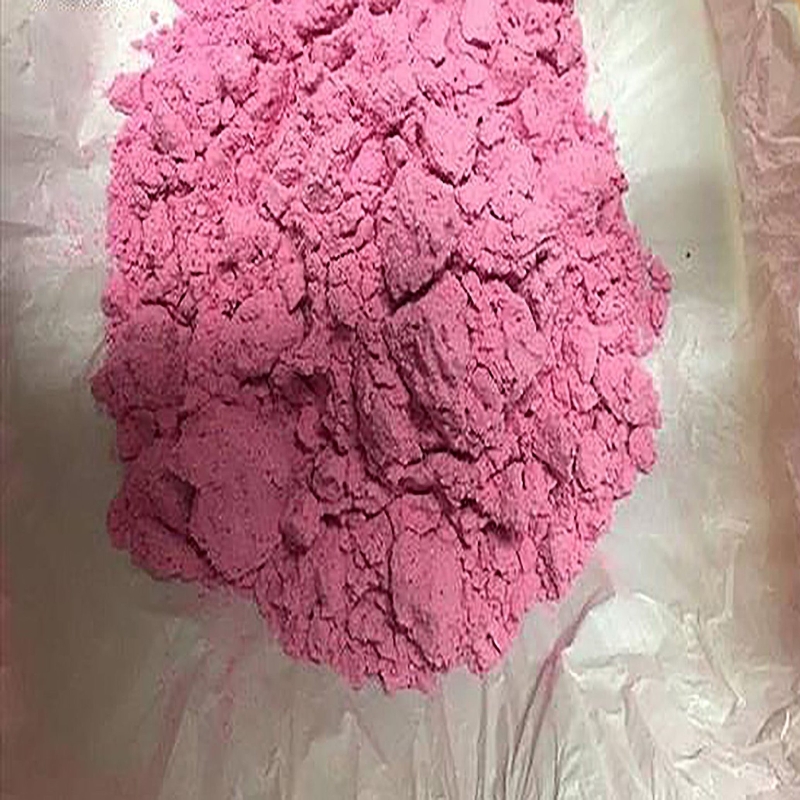-
Categories
-
Pharmaceutical Intermediates
-
Active Pharmaceutical Ingredients
-
Food Additives
- Industrial Coatings
- Agrochemicals
- Dyes and Pigments
- Surfactant
- Flavors and Fragrances
- Chemical Reagents
- Catalyst and Auxiliary
- Natural Products
- Inorganic Chemistry
-
Organic Chemistry
-
Biochemical Engineering
- Analytical Chemistry
-
Cosmetic Ingredient
- Water Treatment Chemical
-
Pharmaceutical Intermediates
Promotion
ECHEMI Mall
Wholesale
Weekly Price
Exhibition
News
-
Trade Service
Author: Department of Medical Law
Brief Introduction
The patient Zhou Mou suffered a fracture of the left radiculopathy due to a fall from a height, and was sent to the town health center for treatment.
The patient believes that the town health center performed the operation without reducing the swelling, did not give reduction, and did not deal with the collapse, and the hospital’s qualifications showed that the hospital was a first-class hospital, and the hospital was not qualified to perform open reduction of radiculopathy After the internal fixation operation, he sued to the court and asked the town health center to compensate him for medical expenses, lost work expenses, nursing expenses and other losses totaling more than 150,000 yuan.
Court hearing
The judicial appraisal opinion believes that the township health center has the fault of failing to inform the appraised person Zhou in the diagnosis and treatment of alternative medical options, insufficient understanding of the healing of root bone fractures, and delayed treatment measures, and there is a fault between the fault and the infection of the postoperative incision.
The court of first instance held that medical staff should explain the condition and medical measures to patients during diagnosis and treatment activities.
Zhou was dissatisfied and filed an appeal.
The court of second instance held that Zhou's failure to provide corresponding evidence was sufficient to overturn the judicial appraisal, and therefore the re-appraisal was not allowed.
A brief analysis of the law
In order to strengthen the clinical application management of medical technology, establish a medical technology access and management system, promote the development of medical science and medical technology progress, improve medical quality, and ensure medical safety, the state establishes a medical technology clinical application access and management system to implement medical technology Classification and hierarchical management.
In the "Measures for the Management of Surgery Levels in Medical Institutions (Trial)", operations are divided into four levels according to different risks and difficulties: first-level operations refer to operations with lower risks, simple procedures, and low technical difficulties; second-level operations are Refers to operations with a certain risk, average process complexity, and certain technical difficulties; three-level surgery refers to operations with higher risks, more complicated procedures, and greater difficulty; fourth-level surgery refers to high-risk, complex and difficult procedures surgery.
In this case, the defendant's hospital is the township health center.
In addition, Article 15 of the "Measures for the Management of Surgery Levels in Medical Institutions (for Trial Implementation)" stipulates that when emergency operations are indeed needed to save lives in critically ill patients, medical institutions can leapfrog the level of surgery and do the following: (1) ) Maintain the legitimate rights and interests of patients and perform the relevant procedures of informed consent; (2) Ask the higher-level hospital for emergency consultation; (3) Within 24 hours after the operation, file with the health administration department that issued its "Medical Institution Execution License"; except In addition to emergency surgery for emergency and critical patients, external physicians and consulting physicians must not perform operations beyond the highest level that can be performed by medical institutions that perform operations.
Regarding the issue of re-appraisal, the "Several Provisions of the Supreme People's Court on Evidence in Civil Litigation" (2019 revision) stipulates the circumstances under which the people's courts allow parties to apply for re-appraisal, (1) where the appraiser does not have the corresponding qualifications; (2) the appraisal procedure Serious violations of the law; (3) Obviously insufficient basis for the appraisal opinion; (4) Other circumstances where the appraisal opinion cannot be used as evidence.
According to the data from the National Medical Injury Liability Dispute Cases Big Data Report in 2020, the medical law exchange shows that among the second-instance cases involving appraisal in 2020, only 7% of the cases were re-appraised after the court’s approval.
As a medical institution and its medical staff, it is the basic practice requirement to be serious, responsible, and strictly abide by laws, regulations and departmental rules.
(This article is the original version of the Medical Law Society, adapted from real cases, and aliases are used to protect the privacy of the parties)







